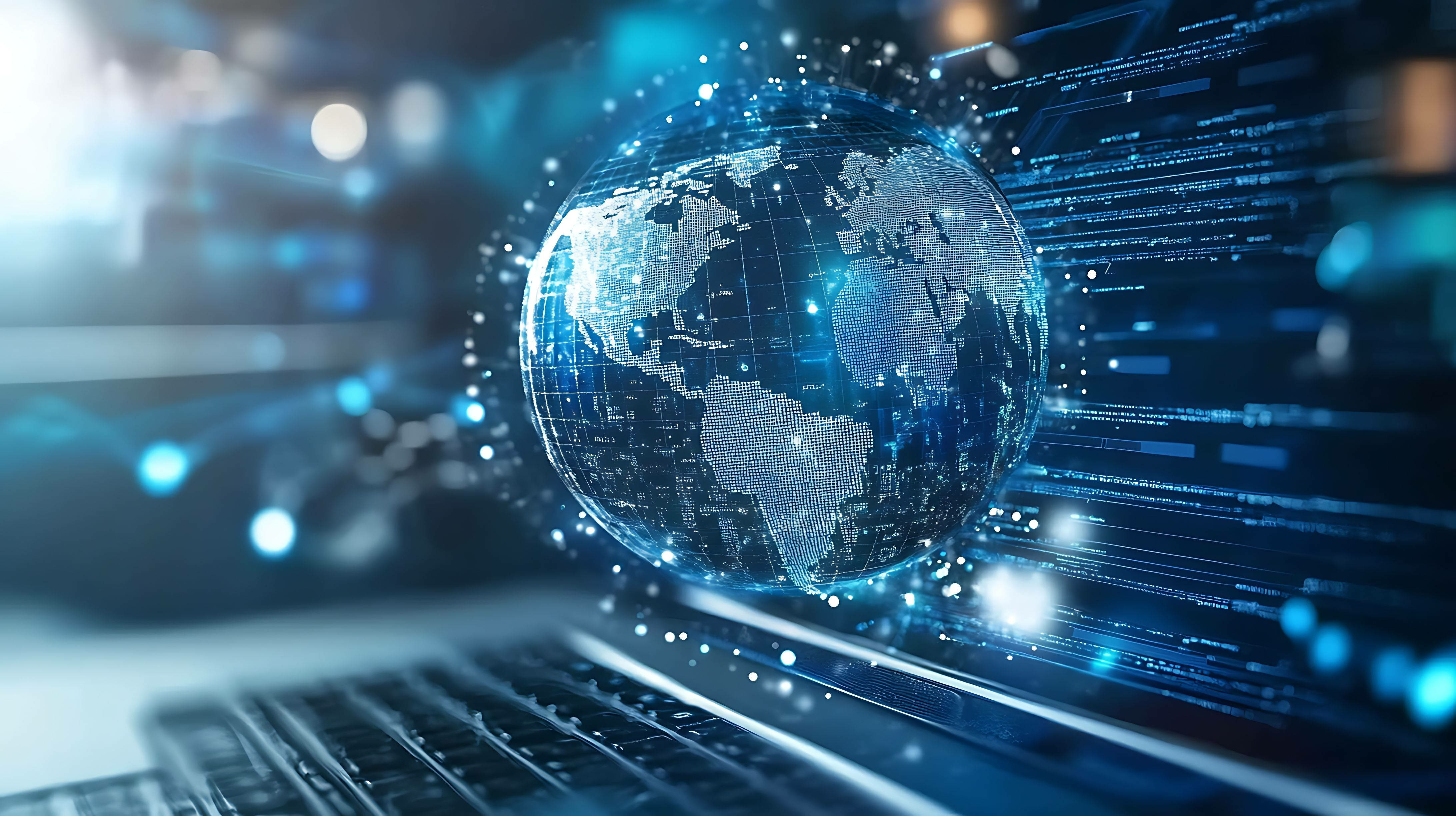Research software in an international and institutional context
The German Research Foundation (DFG) is committed to the development of common standards for research software at an international level. The following sections are therefore based on the principles and guidelines of international initiatives in whose development the DFG is involved.
Efforts to coordinate development processes and funding procedures and to set common standards are being driven in particular by Science Europe, with its recommendations for research funding organisations to develop and align policies on research softwar(externer Link), but also by the Research Software Alliance (ReSA), which the DFG joined in July 2023, with the Amsterdam Declaration on Funding Research Software Sustainabilit(externer Link) acting as an important foundation. These activities are embedded in the recommendations of international consortia and committees that take into account aspects of research software development such as the FAIR Principles for research software (FAIR4RS(externer Link) and the ReSA Software Policie(externer Link). Software development also plays a major role in the Open Science Movement (UNESCO Recommendation on Open Scienc(externer Link) (November 2021) and the Coalition for Advancing Research Assessment (CoARA(externer Link)).
Further handouts have been created that already present best practices and suggestions on various aspects of research software development for specific disciplines within various research institutions and in the context of the growing number of research software communities and initiatives. These include regional and institutional guidelines issued by universities as well as documents issued by non-university research institutions that are to be taken into account in the research process. The recommendations and notes in the following sections supplement and support these.
DFG funding activities
DFG calls
The call for proposals "Nachhaltigkeit von Forschungssoftware(Download) (german only) as part of the "e-Research Technologie(interner Link)" funding programme from 2016 made it possible to make research software usable for a larger group of users and to organise its sustainability. As examples of best practice, the projects were intended to send a positive signal for research software development and infrastructure facilities. The funded project(externer Link) can be found here.
The "Qualitätssicherung von Forschungssoftware durch ihre nachhaltige Nutzbarmachun(interner Link)" (german only) call launched in 2019 aimed at sustainably securing and making available research results and methodologies from DFG-funded projects that are available in the form of research software. The funding was intended to enable independent quality assurance of research software and the research results obtained with it. The funded project(externer Link) can be found here.
The "Research Software – Quality Assured and Re-usabl(interner Link)" call for proposals from 2022 aimed to increase the usability of existing research software as far as possible. Goals were to organise the further development, usability, impact and quality assurance of research software. Information on the funded project(externer Link) can be found here.
DFG round table meetings
The round table meeting ‘Sustainability of research software in Germany’ provided a networking opportunity for project participants from the first DFG call for proposals on the topic of research software (see above). As a result, the participants published a paper on the state of sustainability of research software in Germany: "An environment for sustainable research software in Germany and beyond: current state, open challenges, and call for actio(externer Link)".
In 2023, the round table meeting "Sustainable research software for high-quality computational research in the Earth System Sciences" took place. It had a discipline-specific focus on Earth System Sciences, and many of the results are also transferable to other disciplines. The publication "Sustainable research software for high-quality computational research in the Earth System Sciences: Recommendations for universities, funders and the scientific community in German(externer Link)" provides further information.
